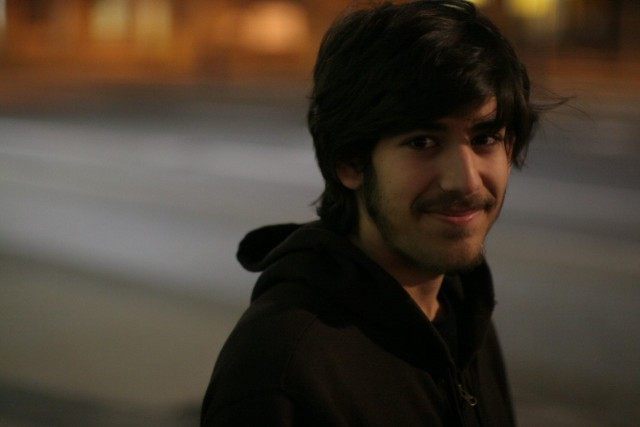Today is the third anniversary of Aaron Swartz’s death. Had he lived, the legendary programmer, hacker and free speech campaigner would have been 29 today.
Swartz committed suicide in 2013, facing up to 35 years in jail for data theft. His “crime” had been one committed by virtually every undergraduate student in the country; downloading articles from the online academic library JSTOR. The legal hunt for Swartz was widely criticised; former White House legal counsel called it “overzealous overcharging.”
Swartz was a rare breed: an ardent progressive who cared deeply about free speech: not just on paper, but in practice. If Swartz had a defining belief, it was in the idea that information ought to flow freely, uninhibited by censors or paywalls. (Hence his inevitable collission with data law.)
To that end, Swartz was concerned not just with government censorship, but corporate censorship too. Unlike modern progressives, who are happy to see speech shut down on university campuses, or or social media platforms like Reddit and Twitter, Swartz recognised that the policies of private institutions had just as much of an impact on free speech as government – if not more.
While much of the attention of contemporary free speech campaigners is focused on college campuses, Swartz saw a much greater threat to free speech in the rise of unaccountable social media platforms that presided over the speech of millions, yet had no obligation to follow the First Amendment or be politically even-handed. Sure, political bias might hurt a company’s finances — but only if enough people find out about it.
Shortly before his death, Swartz warned that these platforms would become a key battleground for the anti-censorship movement in the years ahead.
Both the government and private companies can censor stuff. But private companies are a little bit scarier. They have no constitution to answer to. They’re not elected. They have no constituents or voters. All of the protections we’ve built up to protect against government tyranny don’t exist for corporate tyranny.
Is the internet going to stay free? Are private companies going to censor [the] websites I visit, or charge more to visit certain websites? Is the government going to force us to not visit certain websites? And when I visit these websites, are they going to constrain what I can say, to only let me say certain types of things, or steer me to certain types of pages? All of those are battles that we’ve won so far, and we’ve been very lucky to win them. But we could quite easily lose, so we need to stay vigilant.
If Swartz were alive today, he would see his grim predictions coming true. Twitter is currently embroiled in a war with its own users over politically-motivated punishments and rampant censorship. Reddit has spent the last year relentlessly rolling back free speech on its platform, often using the same justifications and language as the proponents of “safe spaces” on university campuses.
Last but not least: in the aftermath of the migrant sexual assault epidemic in Germany, Facebook, Google and Twitter have all agreed to enforce Germany’s overbearing hate speech laws on their platforms. They are now willing partners in Angela Merkel’s dangerous attempt to suppress her citizens’ anger.
Swartz played a major role in the activist campaigns that crushed SOPA and PIPA, two bills that threatened government censorship of the net. Today, however, with social media companies tightening the gags around their users’ mouths, I suspect Swartz would be less concerned with government censorship than corporate censorship.
Follow Allum Bokhari @LibertarianBlue on Twitter, and download Milo Alert! for Android to be kept up to date on his latest articles.
Correction: an earlier version of this article claimed that Swartz would have been 30 today. This has now been corrected to 29.

COMMENTS
Please let us know if you're having issues with commenting.